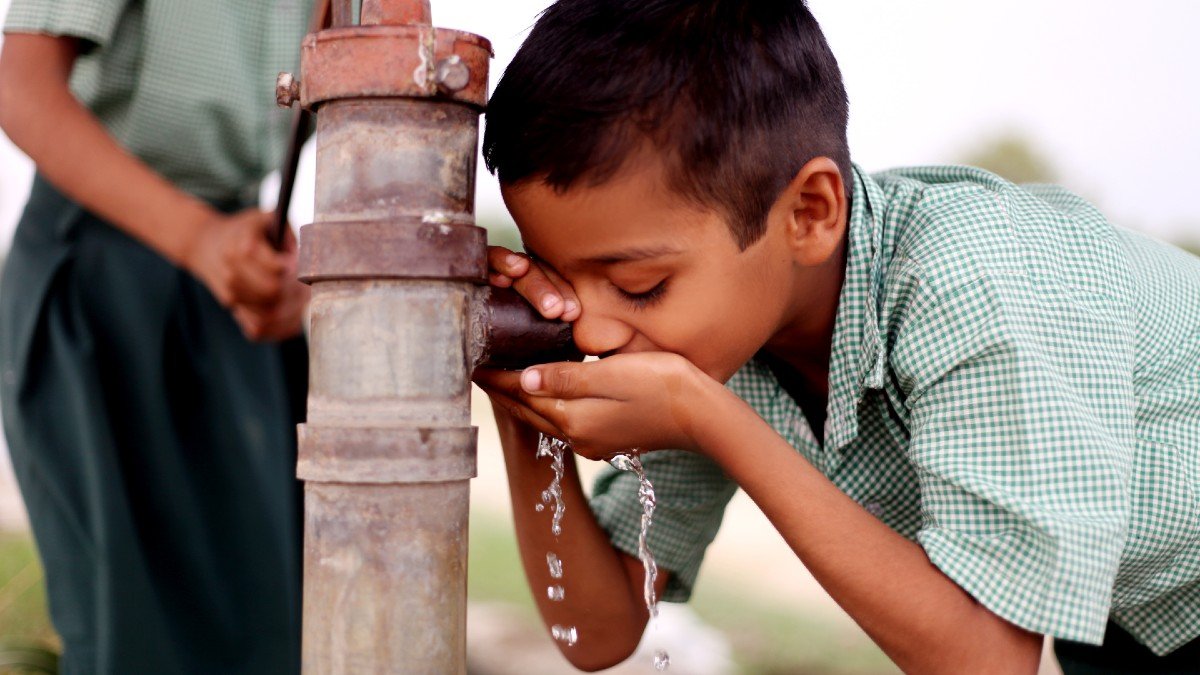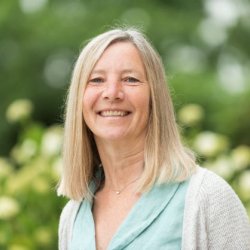Upgrading WHO forms could improve water quality for rural and vulnerable communities
The World Health Organisation’s (WHO) sanitary inspection (SI) forms need an urgent upgrade to help improve the quality of small water supplies in some of the world’s most rural and vulnerable regions, finds a new study.

According to the WHO, many small drinking supplies – such as groundwater found in farms or a well in rural communities – are not regularly monitored and inspected. Importantly, it is feared that such supplies do not provide safe or sufficient drinking water for the communities they serve – many of whom are vulnerable.
In a paper published by the journal Resources, experts from the University of Surrey, interrogate the usability of SIs – a key tool used globally to identify risks in water supplies.
The team gathered expert opinion about whether the forms are robust and consistent enough to give inspectors – many of whom do not have expert knowledge in water safety – the guidance to correctly identify risks.
The study recommends that questions in the SI forms are revised to make sure that inspectors interpret them consistently – providing them with targeted technical guidance for each question. The team also recommend that the forms should provide inspectors with helpful actions to help them basic operation and maintenance.
Katherine Pond, Senior Lecturer, Department of Civil and Environmental Engineering and the WHO Collaborating Centre for Protection of Water Quality and Human Health at the University of Surrey, who led the study, said:
“Small drinking-water supplies face particular challenges in terms of their management being vulnerable to contamination but are often not monitored regularly. Sanitary inspection is an important risk assessment tool to identify hazards which may become a risk to health”.
Rosalind Malcolm, Professor of Law at the University of Surrey and co-author of the study, said:
“Our research found that sanitary inspection forms were indeed vital and beneficial tools for those carrying out inspections in some of the most rural areas around the World. However, we recommend that strengthening the questions in the form and including technical guidance in the document will certainly provide the inspectors with the confidence needed to make the right decisions which could potentially save lives.”
Featured Academics
Media Contacts
External Communications and PR team
Phone: +44 (0)1483 684380 / 688914 / 684378
Email: mediarelations@surrey.ac.uk
Out of hours: +44 (0)7773 479911

